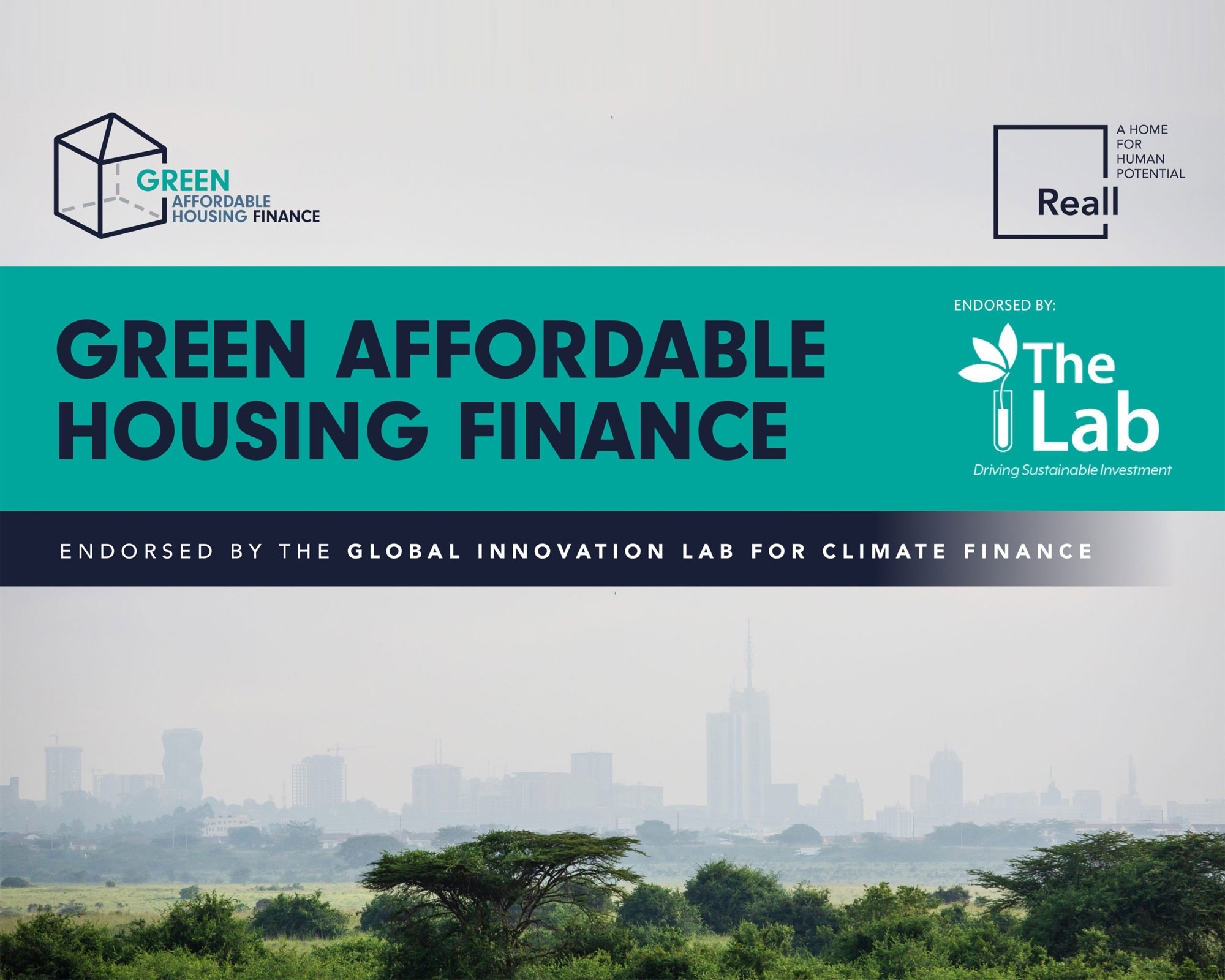The Impact of Reall’s Affordable Housing Investments on Quality of Life in Urban Nepal
The document titled “The Impact of Reall’s Affordable Housing Investments on Quality of Life in Urban Nepal” examines the substantial effects of affordable housing initiatives led by Reall in urban areas of Nepal. It highlights the challenges faced by low-income families in securing adequate housing and the innovative solutions implemented to improve their living conditions.
Context and Challenges
Nepal has experienced rapid urbanization, with a significant portion of its population migrating to cities in search of better opportunities. As a result, urban housing demand has surged, leading to soaring land prices and an increase in informal settlements. According to the document, over 54% of the urban population lived in slums as of 2014, a situation exacerbated by natural disasters and inadequate governmental support for affordable housing. The document emphasizes that at least 40,000 new urban homes were needed by 2021 to address this crisis.
Further reading:
Our Homes in Nepal | Green & Affordable Homes – Reall reall
Pokhara Housing Project 1 | Our Homes in Nepal – Reall reall

Reall’s Approach
Reall has been active in Nepal since 2011, working alongside local partners such as Lumanti and Sewa to provide affordable housing options. Their strategy includes establishing a revolving loan fund that facilitates access to housing finance for low-income families through banks and cooperatives. This fund has successfully recycled over $2.5 million, demonstrating its effectiveness in supporting community-driven housing projects.
Housing Finance Mechanism
One of the key innovations highlighted is the collaboration between women’s savings cooperatives and commercial banks. Initially, banks required a guarantee fund covering 80% of the loan amount to mitigate risk. However, as these cooperatives demonstrated their ability to manage finances effectively and maintain a 100% loan repayment rate, banks gradually reduced this requirement to as low as 10%. This shift not only reflects growing trust in low-income borrowers but also enhances their access to necessary funds for housing development.
Impact on Quality of Life
The document details how Reall’s investments have significantly improved the quality of life for many families. By providing loans at an interest rate of 8%, families can construct homes that meet their needs without resorting to high-interest informal lending options. The availability of affordable housing contributes to better living conditions, stability, and economic empowerment within communities.
Community Empowerment
A crucial aspect of Reall’s approach is its focus on empowering women through financial literacy programs. These initiatives equip women with skills to manage their finances effectively, leading many to start small businesses and improve their economic standing. The training provided has fostered a culture of savings and increased awareness about financial products available to them.
Challenges Ahead
Despite the successes achieved, the document acknowledges several ongoing challenges. The regulatory framework in Nepal often hinders access to affordable financial products, with central bank policies not recognizing housing loans as productive investments compared to micro-entrepreneurship loans. Additionally, rising inflation poses a threat to housing affordability as construction costs continue to escalate.The document calls for a comprehensive policy approach that addresses these challenges while promoting sustainable access to housing finance for low-income families. It suggests that collaboration among stakeholders—including government bodies, financial institutions, and community organizations—is essential for creating an enabling environment for affordable housing development.
Conclusion
In conclusion, the impact of Reall’s affordable housing investments on quality of life in urban Nepal is profound. By leveraging community organization and partnerships with commercial banks, Reall has pioneered a model that not only addresses immediate housing needs but also fosters long-term economic empowerment and social stability among low-income populations. The insights gained from this initiative could serve as a valuable framework for similar efforts in other regions facing comparable housing challenges. As urbanization continues to rise in Nepal, sustained investment in affordable housing will be critical for ensuring that all citizens have access to safe and secure living conditions.
